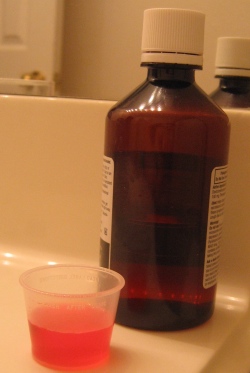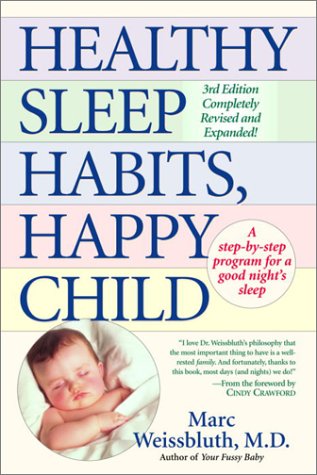
Postpartum Depression: You’re Not Alone!
If you feel sad, depressed, or just not quite right after having a baby, trust me you are not alone. I experienced depression after both of my children were born. After Darah’s birth, I don’t think I experienced anything more than baby blues. I was having a hard time with her diagnosis, but surprisingly had my head on my shoulders! After Connor’s birth however, the depression I experienced was much more intense than after Darah’s birth. My postpartum depression after Connor’s birth came in the form of extreme anxiety and crying sessions. I eventually sought guidance from my doctor because I was having so much anxiety and was worrying about so many things!
At my six week check up, my doctor and I agreed that I should try an antidepressant. He started me on a medication which I took for about a month; I was not nursing anymore at this point. I didn’t like the side effects of the medication I was on, so I stopped and started researching other ways I could help myself. I talked about my emotions nonstop to my close friends and husband. I tried taking naps while my husband watched the baby, and discovered the therapeutic value of running. Once I sensed another crying session coming on, I would put on my headphones, running shoes and go. I got up to running three miles! Not bad for someone who has never liked running! After I was about three or four months postpartum, I started feeling more like my old self again and had better control over my anxiety and emotions.
The National Women’s Health Center has a great overview of postpartum depression describing signs, symptoms, and guidance for women experiencing depression within the first year after childbirth. There are three levels of postpartum depression. Baby blues are the most common and usually involve sadness and crying. Baby blues are usually very short, lasting no more than a week after delivery. Postpartum depression can begin at any time during the first year after delivery and is more intense than baby blues. Postpartum psychosis is another type of postpartum depression and is very rare. Postpartum psychosis involves hallucinations, obsessive thoughts, and rapid mood swings which need the immediate attention from a physician.
If you are experiencing depression after your baby is born, it is very important that you discuss this with your doctor or midwife. Your doctor or midwife will be able to give you the specific help and support that you need.
Here are some other helpful tips from The National Women’s Health Information Center:
- Try to get as much rest as you can. Try to nap when the baby naps.
- Stop putting pressure on yourself to do everything. Do as much as you can and leave the rest!
- Ask for help with household chores and nighttime feedings. Ask your husband or partner to bring the baby to you so you can breastfeed. If you can, have a friend, family member, or professional support person help you in the home for part of the day.
- Talk to your husband, partner, family, and friends about how you are feeling.
Do not spend a lot of time alone. Get dressed and leave the house. Run an errand or take a short walk. - Spend time alone with your husband or partner.
- Talk with other mothers, so you can learn from their experiences.
- Join a support group for women with depression. Call a local hotline or look in your telephone book for information and services.
- Don’t make any major life changes during pregnancy. Major changes can cause unneeded stress. Sometimes big changes cannot be avoided. When that happens, try to arrange support and help in your new situation ahead of time.
Did you experience any level of depression after your baby was born? What helped you overcome your depression?
Share the fun: Email + Del.icio.us + Digg + Technorati


 On October 12th makers of cough and cold medicines
On October 12th makers of cough and cold medicines 
 Regardless of your own theories about sleep and children, every parent can learn something from
Regardless of your own theories about sleep and children, every parent can learn something from 



